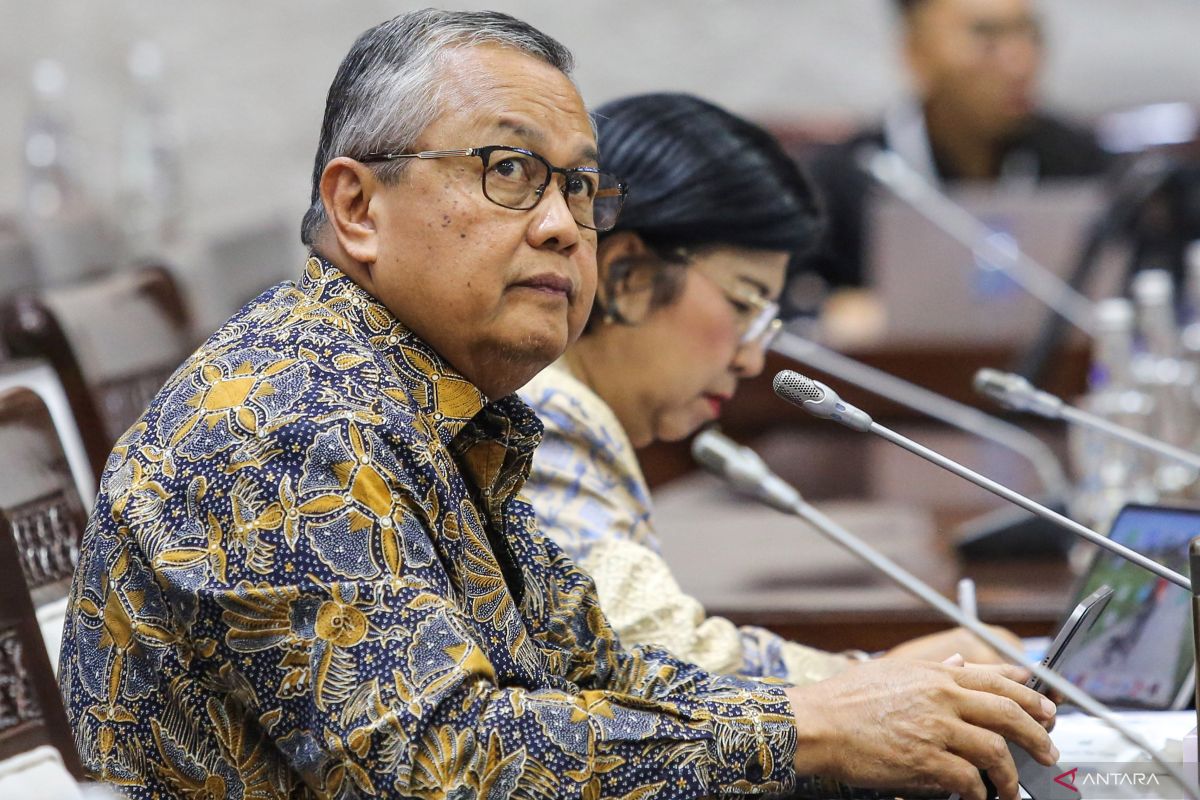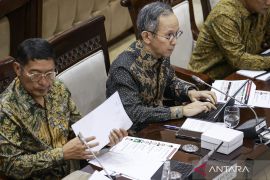"Indonesia's economic growth remains strong and needs to be further accelerated," he said at a press conference following a meeting of the central bank's board of governors in Jakarta.
He noted that several current indicators, including results from a BI survey, show strong economic activity in the third quarter.
This is reflected in high consumer confidence, positive retail sales, and increases in the imports of capital goods and cement sales.
Investment, particularly in construction, has also continued to grow, in line with the final stages of the new capital, Nusantara, and the completion of several national strategic projects.
Household consumption growth has been sustained, especially among the upper middle class.
Non-oil and gas exports have remained robust, supporting economic growth.
"Government spending, expected to increase by the end of the year, is also anticipated to support domestic demand," Warjiyo added.
BI has forecast economic growth to range from 4.7 percent to 5.5 percent, with a midpoint of 5.1 percent, for this year.
"Moving forward, various efforts must continue to encourage growth, both from the demand side and the supply side," he said.
To this end, the central bank is strengthening its policy mix to promote higher economic growth, working closely with the government's fiscal stimulus policy.
On the supply side, structural reforms need to be reinforced to boost productivity and strengthen the structure of economic growth, particularly in sectors that can absorb labor and add high value.
BI is confident that the inflation trend will remain low, within the range of 2.5 percent plus or minus 1 percent.
As of August 2024, the Consumer Price Index (CPI) was recorded at 2.12 percent year on year (yoy).
Core inflation was recorded at 2.02 percent yoy. Core inflation was recorded at 2.02 percent yoy. It is expected to remain stable due to several factors:
- The economy’s capacity to respond to domestic demand.
- Imported inflation being under control, aligned with BI's rupiah exchange rate stabilization policy.
- The positive impact of digitalization.
This decline has been observed in most parts of Indonesia, supported by increased food supply due to the harvest season and effective coordination between central and regional inflation control teams through the National Food Inflation Control Movement.
Related news: Sharia economy to drive transformation in Indonesia, world: BI
Related news: Indonesia's economic growth still good amid uncertainties: BI
Translator: Imamatul Silfia, Yashinta Difa
Editor: Anton Santoso
Copyright © ANTARA 2024












